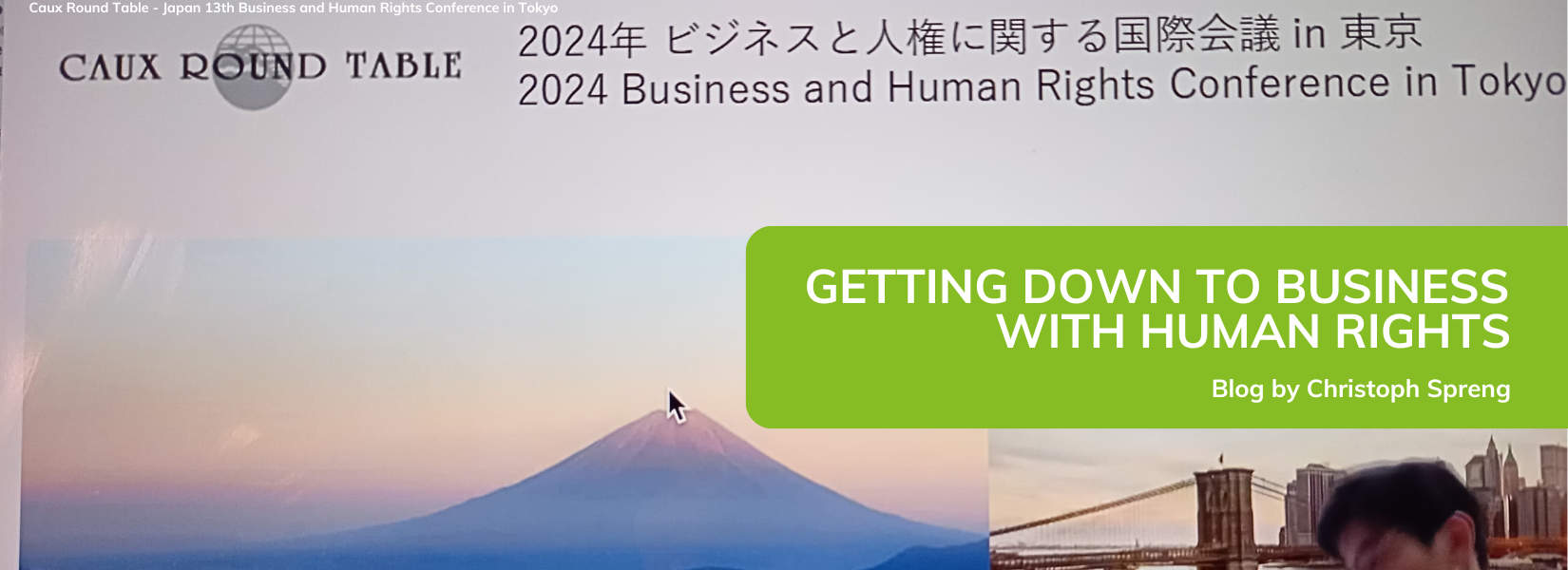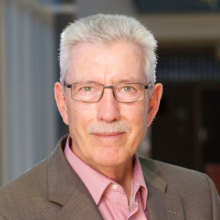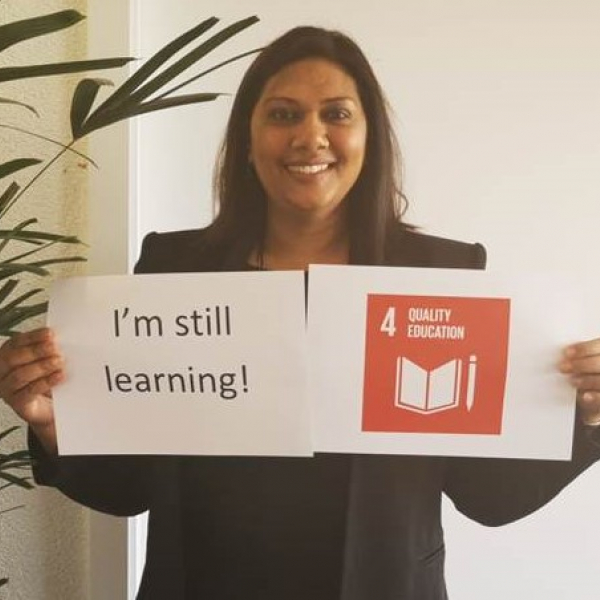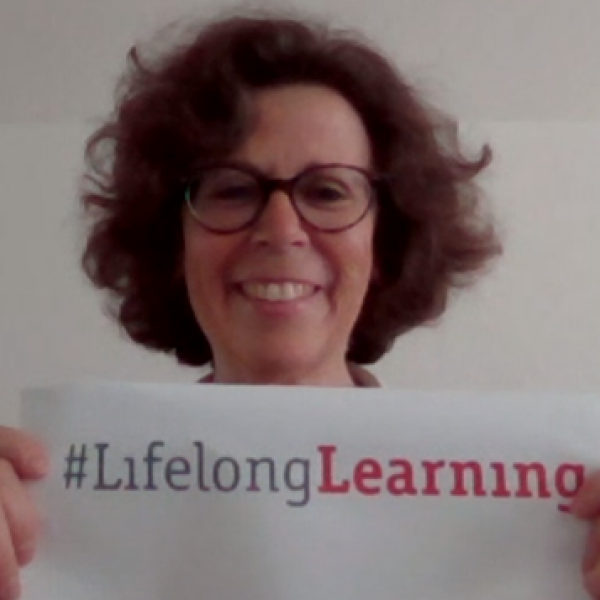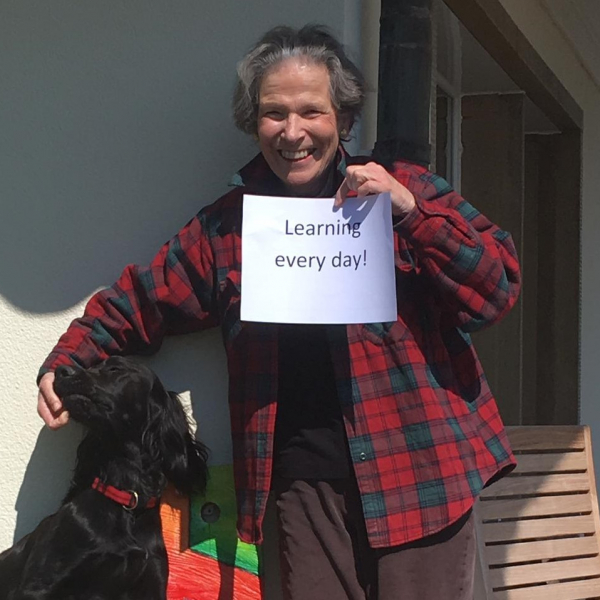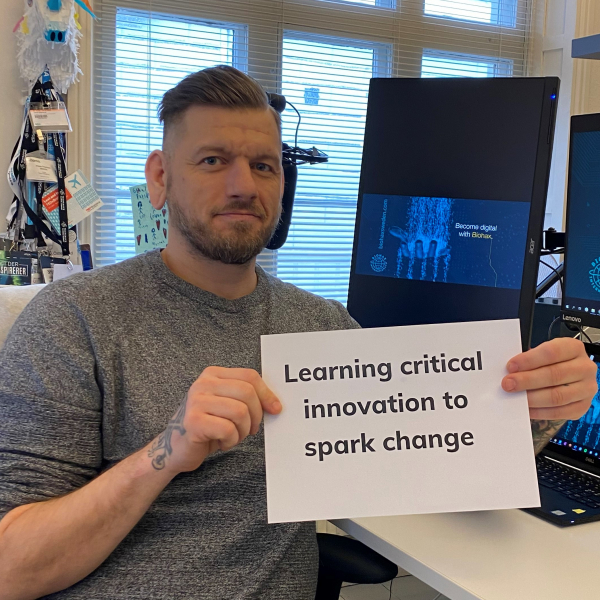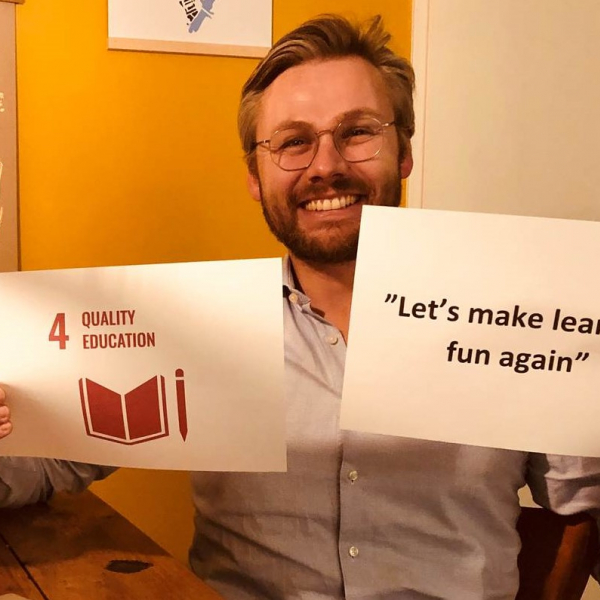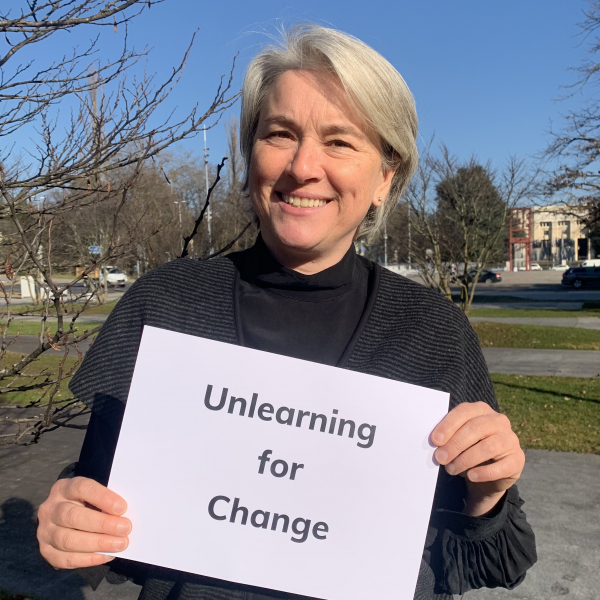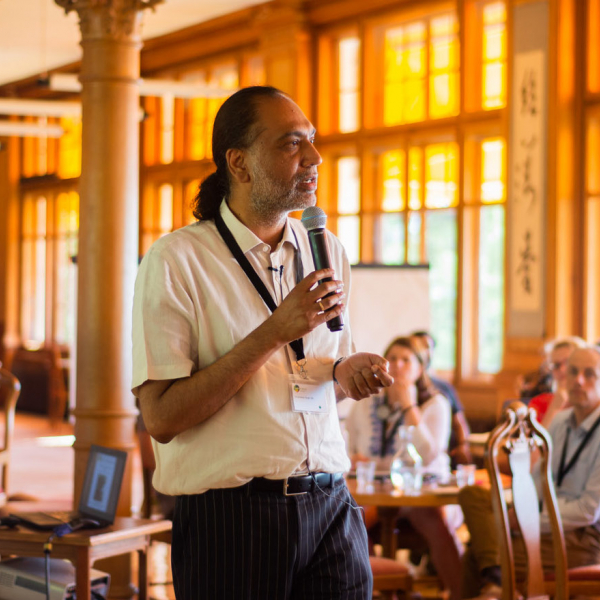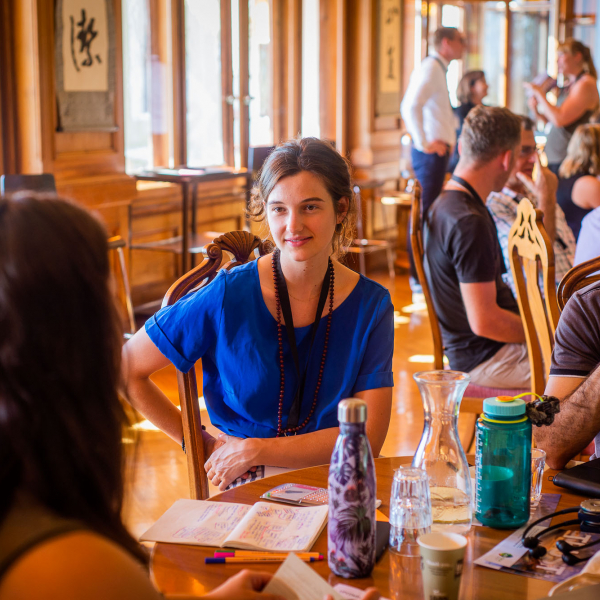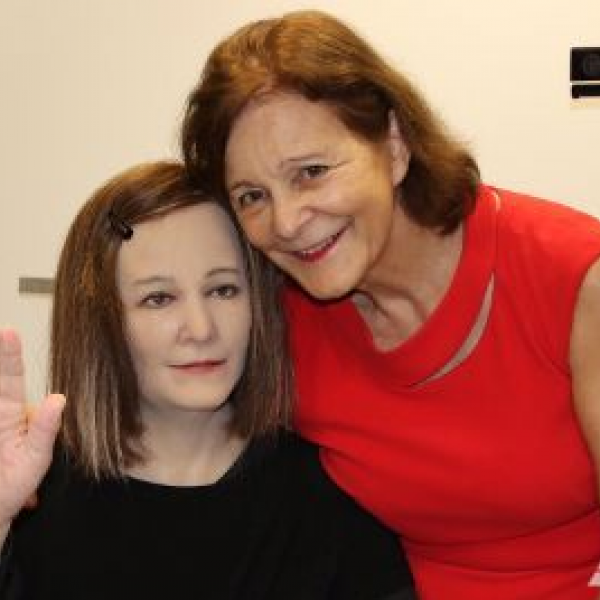Getting down to business with human rights
A blog by Christoph Spreng, Switzerland
20/11/2024
Christoph Spreng has been working with Initiatives of Change for many years in different capacities. He has been representing Initiatives of Change at the Council of Europe since 2006 and in his role has been entrusted a large variety of specific assignments, including Vice-President of CINGO and coordinating the INGO Dialogue Toolkit Hub. In June 2017 he was appointed INGO Special Advisor for Human Rights and Business and has been representing CINGO at the CoE North-South Centre since 2018. He is also a member of the Caux Democracy Forum organising team, co-leading a workstream on "Civil Society fostering Dialogue: From Polarization to participation - A Guide to Action".
On 25 October 2024, the Caux Round Table (CRT) - Japan hosted the 13th Business and Human Rights Conference in Tokyo with 225 corporate leaders, executives and experts from several Asian countries participating online.
Executive Director Hiroshi Ishida of Caux Round Table - Japan set the scene for the event with the following remarks: “In 2011, the Guiding Principles on Business and Human Rights (UNGPs) were approved by the UN Human Rights Council, establishing a framework for respect for human rights in business activities. The Guiding Principles comprise three pillars - ‘Duty to Protect’, ‘Responsibility to Respect’ and ‘Access to Remedy’ - and call for concrete action by governments and companies. In the 13 years since the Guiding Principles were approved, legislation and regulations requiring companies to implement and disclose their supply chain management practices around the world have accelerated. Under these circumstances, it is important for companies to promote initiatives based on the UNGPs, not only to comply with laws and regulations, but also to improve corporate credibility, risk management and sustainable growth “.
These last three areas of improvement formed the core content of the Tokyo CRT Panel discussions with overseas experts, the examples of corporate initiatives as well as the exchanges of views between the experts and the partners.
Worth mentioning in this context is the Japanese principle of kaizen (Japanese: 改善, "improvement"), referring to business activities that aim to continuously improve all functions and involve all employees from the CEO to the assembly line workers. In Japanese factories they have been practiced over the past 70 years whereas Western approaches, like the UN Guiding Principles or the more recent EU CS3D, set out rules on accountability and responsibility through legal instruments.
Olivier Giscard d'Estaing (6th from the left), Frits Philips (8th from the left), Ryuzaburo Kaku (4th from the right)
Exactly 30 years ago, the unique approach of the Caux Round Table (CRT) Principles for Business was based on the fact that the principles were based on both Eastern and Western approaches. These seven Principles were featured in The Financial Times, under the headline ‘The search for universal ethics’. The paper’s Management Editor, Tim Dickson commented that it was possibly the first time that "a document of this kind has attracted influential supporters from Europe, Japan and the US’".
Tim Dickson wrote: "The Principles are said to be drawn from two ethical traditions: the Japanese philosophy of kyosei, described by Canon’s Ryuzaburo Kaku as 'living and working together for the common good of mankind' and 'human dignity' which refers to the sacredness or value of each person as an end, not simply as a means to the fulfilment of other’s purposes or even majority prescription."
Later translated into 12 languages, the Principles laid an emphasis on identifying shared values, reconciling differing ones, and developing a shared perspective on business behaviour acceptable to and honoured by all.
Read more about the pioneering years of the Caux Round Tables
Fast forward to this year’s Tokyo conference. Eleven Japanese corporations partnered with CRT-Japan for this occasion, representing a variety of sectors, such as heavy industry, manufacturing, transport as well as the insurance and food industries. Here follow some salient points:
- Dr. B. Ling, Taiwan: explained that the Guidance Model (collaborative peer to peer learning by CRT-Japan, ed.) can help the legal process of Europe (…) to reach a smart mix.
- Lailani Tolentino, Philippines pointed out that the maritime & shipping sector is still forgotten and underslined that here, the rights holder’s engagement requires preparatory empowerment meetings.
- The 134-year-old Kubota Corp. Farming & Water Machinery has translated its Human Rights Policy into 23 languages. It has also improved foreign employees’ conditions.
- Foreign employees’ conditions have also been addressed by the Worlding Inc., in particular the related malpractice of excessive brokers fees.
- Yokohama Rubber is engaging with natural rubber smallholders in southern Thailand, regularizing the local worker’s conditions on a higher level.
- Nissin Foods has Indonesian palm oil suppliers and explained it made a 50km radius risk assessment with each of them and began its redress-work at the least scored place.
- The ANA Holdings presentation was given by Mrs. C. Miyata, EVP & Chief Sustainability Officer, explaining how the Group began with B-HR policies in 2015 and has added the UN Sustainable Development Goals to its perspectives. By now 180 suppliers are feeding their input to a central assessment system.
- Talya Swissa explained how World Benchmarking Alliance has acted to have excessive recruitment fees repaid and comments that in countries of the Global South environment issues are impacting the right to life.
- Rishi Sher Singh pointed out that CRT-Japan is enabling a Safe Space for Corporates to learn from each other.
These are twitter-style glimpses from a 4.5 hour session, leaving out the many presenters’ slides, that were detailing their management processes. The slides gave insight to the multinational corporate policy learning, which is under way with the support of this event in Tokyo. A key take-away from it is the “engagement with the rights holders”, today’s embodiment of the twin origin of ideals as expressed in the above quoted Financial Times article.
Caux Initiatives of Change is honored to have been invited to attend the 13th Business and Human Rights Conference in Tokyo and gratefully looks back on many years of productive collaboration with CRT-Japan. One sequence of this collaboration ran during ten years under the title of ‘Personal Social Responsibility’ (PSR) for groups of Japanese mid-career executives who joined the conferences at the Caux Palace. In Switzerland, on its home ground, Caux Initiatives of Change has resumed supporting the Swiss civic Initiative for Responsible Multinationals.
Read the full conference report
We hope that this conference will contribute to the realization of sustainable corporate growth and social responsibility.
Hiroshi Ishida, Executive Director, CRT-Japan about the Business and Human Rights Conference 2024 in Tokyo
_________________________________________________________________________________________________
What oversea experts and participants said about the Business and Human Rights Conferences in Tokyo
